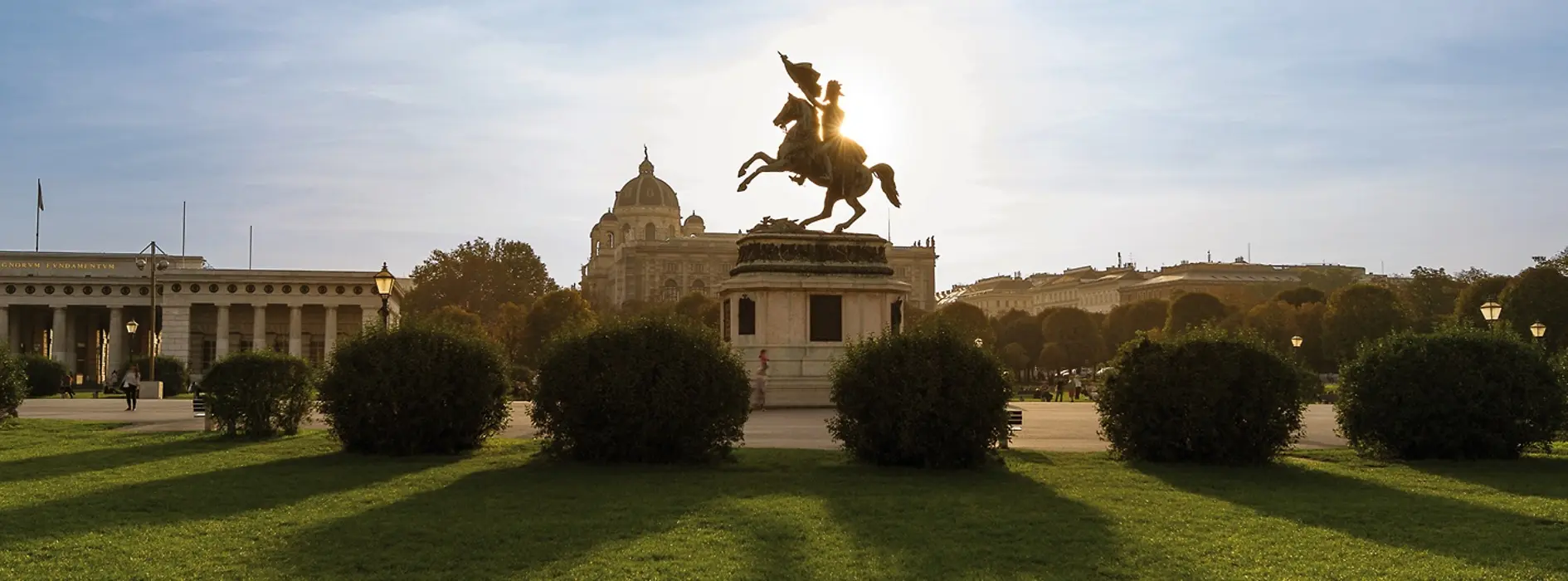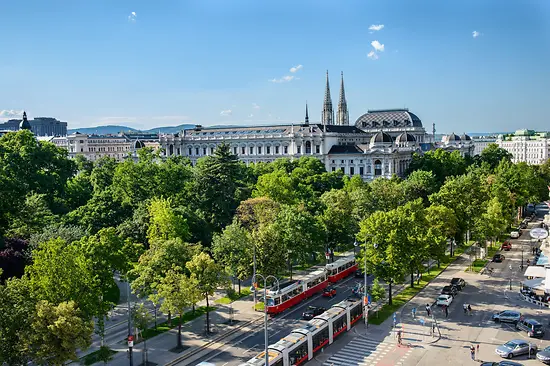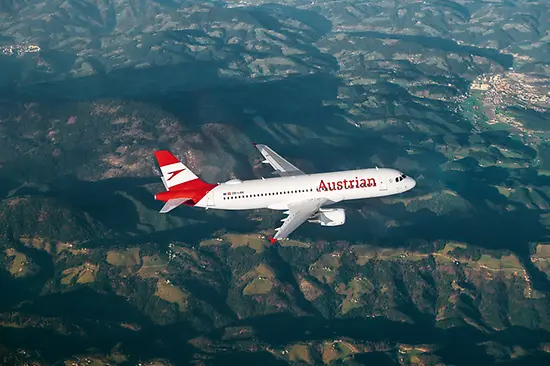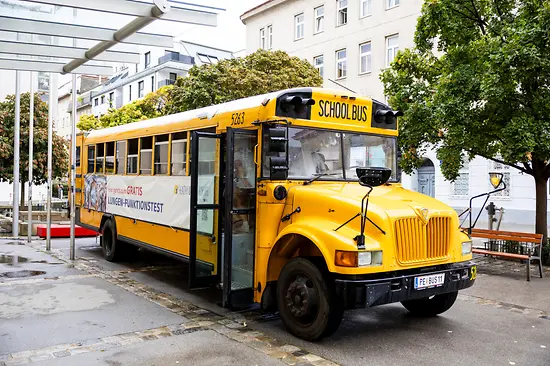Austrian Airlines: Sustainable aviation is possible
One of the most promising means to reduce CO2 emissions is to use Sustainable Aviation Fuels (SAF) instead of fossil fuels such as kerosene. SAFs, for example made from waste bio-oils, are currently available on the market, but at less than 0.01 % compared to global kerosene production and at 3 to 4 times the price. The ecologically best way is synthetic fuel, produced from renewable electricity, water and CO2. From a global perspective, an obligation to add alternative fuels to fossil kerosene is a good instrument to boost research and production. However, national or regional solo efforts lead to a distortion in competition and negative environmental effects.
Since 2012, aviation has been included in the EU Emissions Trading Scheme (ETS) and is responsible for CO2 emissions on all intra-European and national flights. However, in Austria the national revenue from the ETS as well as the national flight tax is not earmarked. "National earmarking in favor of research, development and market introduction of alternative fuels for aviation is essential to enable production in Austria and to secure competitive prices," concludes CEO Alexis von Hoensbroech. The global growth of international aviation in the global compensation system CORSIA has been CO2-neutral since 2021.
Austrian Airlines has been implementing climate-friendly measures for years
To boost the shift from air to rail for short routes, Austrian Airlines has been offering the option of an attractive rail connection from Linz, Salzburg and Graz to Vienna Airport with AIRail since 2014. As part of the ReOil project, together with OMV and Vienna Airport, Austrian Airlines has been processing plastic cups and other plastic items into crude oil and subsequently into kerosene since 2018. Since this spring, passengers have the possibility to compensate their emissions by purchasing alternative fuels on the Compensaid platform. Since 2008, it is possible to offset ticket purchases through climate projects. Currently, new and thus significantly more CO2-efficient and lower noise aircraft, weight reduction and direct flight routes are having the biggest impact.
Further information:
www.austrian.com










